Yarrow Flower & Leaf
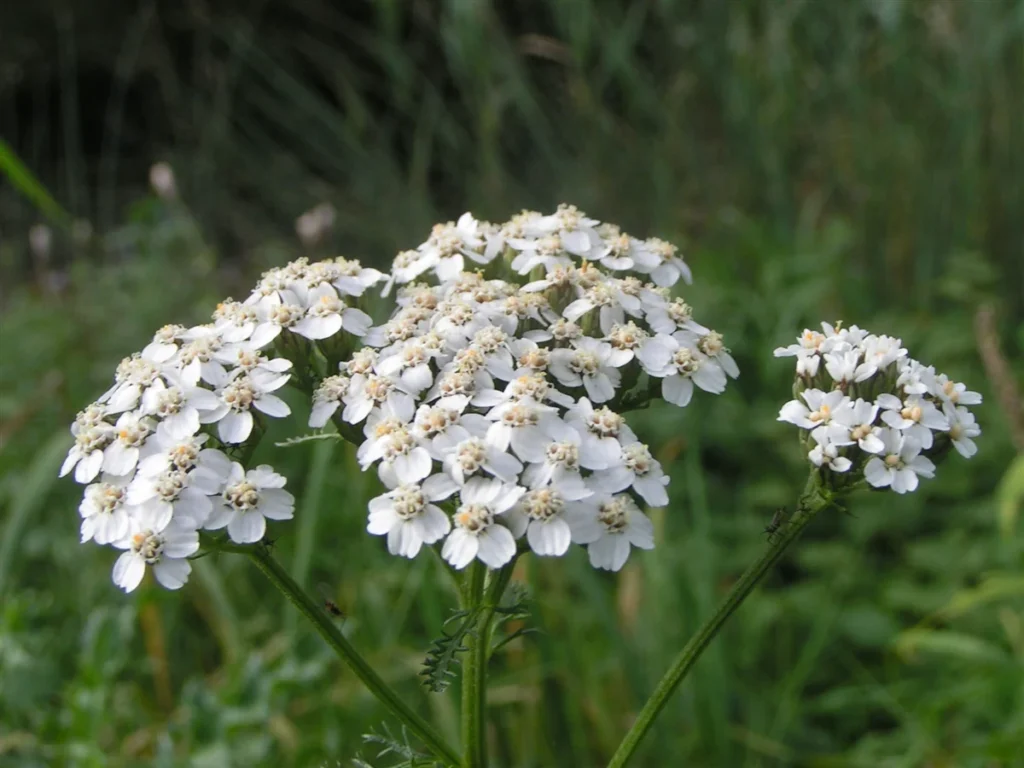
Yarrow (Achillea millefolium) is a versatile herb known for its medicinal properties and distinctive appearance. The plant features delicate, feathery leaves and clusters of small, daisy-like flowers that can range in color from white to pink or yellow. Yarrow has been used in traditional medicine for centuries, renowned for its ability to treat a variety of ailments, from wounds to digestive issues.
1. Size:
- Yarrow typically grows to a height of 1 to 3 feet (30 to 90 cm) with a similar spread. The plant’s bushy, upright habit makes it an attractive addition to herb gardens and wildflower meadows.
2. Color:
- The flowers of yarrow can be white, pink, yellow, or red, depending on the variety. The leaves are green, finely divided, and have a feathery appearance, contributing to the plant’s delicate look.
3. Texture:
- The leaves are finely divided and feathery, giving them a soft, airy texture. The flower clusters are dense and flat-topped, creating a striking contrast with the finely textured foliage.
4. Fragrance:
- Yarrow has a mild, earthy fragrance with a hint of sweetness. The scent is subtle and not overpowering, making it pleasant to use in various herbal preparations.
5. Uses:
- Yarrow is used for its astringent and anti-inflammatory properties. It is commonly used to treat wounds, reduce fever, and alleviate digestive issues. It can be applied topically as a poultice or used internally as a tea.
- The leaves and flowers are often used in poultices to help stop bleeding and promote healing of minor cuts and abrasions.
- Yarrow tea is used to relieve digestive discomfort, including bloating and indigestion. It is also known for its ability to stimulate appetite and improve digestion.
- Yarrow tea is traditionally used to help reduce fever and manage cold symptoms. It promotes sweating, which can help to lower body temperature.
- The essential oil of yarrow is used in aromatherapy for its calming and balancing effects. It can be used in diffusers or added to bathwater for a soothing experience.
6. Habitat:
- Yarrow is native to Europe and Asia but has naturalized in North America. It thrives in well-drained soil and prefers full sun to partial shade. Yarrow is commonly found in meadows, grasslands, and along roadsides.
7. Cultural and Spiritual Significance:
- Yarrow has been used in traditional medicine for centuries, often associated with healing and protection. It was used by ancient cultures, including the Greeks and Romans, for its therapeutic properties.
- In various cultures, yarrow is seen as a symbol of courage and healing. It was traditionally used in rituals and ceremonies to invoke protection and ward off negative energies.
Spiritual Properties
- Healing and Protection: Yarrow is believed to offer protective and healing energies. It is used in spiritual practices to promote physical and emotional healing and to shield against negative influences.
- Clarity and Focus: Yarrow is associated with enhancing mental clarity and focus. It is used in meditation to clear the mind and aid in decision-making and problem-solving.
Medicinal Properties
- Astringent: Yarrow has strong astringent properties, making it effective in reducing inflammation, tightening tissues, and stopping bleeding. It is commonly used in wound care and digestive issues.
- Anti-inflammatory: The herb has anti-inflammatory properties that help to reduce swelling and pain, making it useful for treating conditions such as arthritis and sore muscles.
- Antimicrobial: Yarrow exhibits antimicrobial activity, which helps to prevent infections and support overall immune health.
- Fever Reducer: Yarrow tea is traditionally used to reduce fever and promote sweating, which aids in cooling the body and alleviating symptoms of colds and flu.
Allergic Reactions
Yarrow is generally considered safe when used as directed. However, some individuals may experience allergic reactions or sensitivities.
- Skin Irritation: Contact with yarrow can cause skin irritation or rash in sensitive individuals. It is advisable to perform a patch test before extensive topical use.
- Allergic Reactions: Some people may experience allergic reactions such as itching, redness, or swelling. If any severe reactions occur, it is recommended to discontinue use and seek medical advice.
- Digestive Upset: High doses of yarrow may cause digestive upset, including nausea or stomach cramps. It is best to use the herb in moderation and consult a healthcare provider if adverse symptoms occur.
- Headaches: Occasionally, yarrow may cause headaches in sensitive individuals. Reducing the dosage or discontinuing use may help alleviate this effect.
- Dry Mouth: Some users may experience dry mouth as a side effect of consuming yarrow. Drinking plenty of fluids can help mitigate this issue.
- Drowsiness: Yarrow may cause drowsiness in some individuals, particularly when used in large amounts. It is advisable to avoid operating machinery or driving if feeling drowsy.
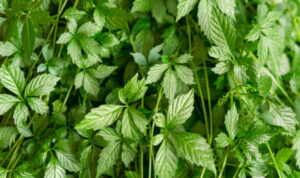
Jiaogulan
Jiaogulan Jiaogulan, often referred to as "Southern Ginseng" or "Herb of Immortality," is a climbing vine native to Southern China and other parts of Asia.
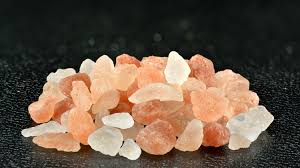
Himalayan Pink Salt
Himalayan Pink Salt Himalayan pink salt is renowned for its distinct and attractive appearance. Typically found in large crystals or fine granules, it displays a
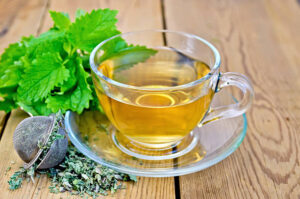
Lemon Balm & Sage Healing Tea
Lemon Balm & Sage Healing Tea An ancient blend that supports emotional healing and provides mental clarity during times of uncertainty and confusion. Ingredients: Lemon
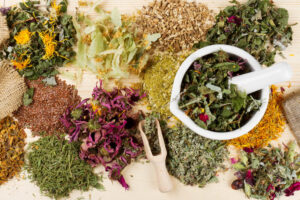
Herbal Smoking Blend
Herbal Smoking Blend Herbal Smoking Blends are a mixture of various herbs, flowers, and botanicals that are combined to create a smokeable product as an
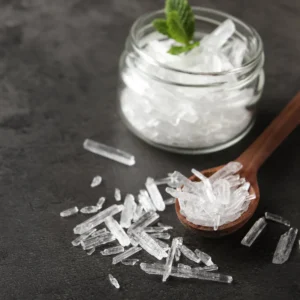
Menthol Crystals
Menthol Crystals Menthol Crystals are derived from peppermint oil and are known for their strong, cooling sensation and refreshing fragrance. These crystals are used in
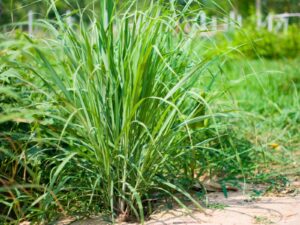
Lemon Grass
Lemon Grass Lemon Grass is a tropical herb known for its fresh, lemony aroma and flavor. It is widely used in culinary dishes, especially in